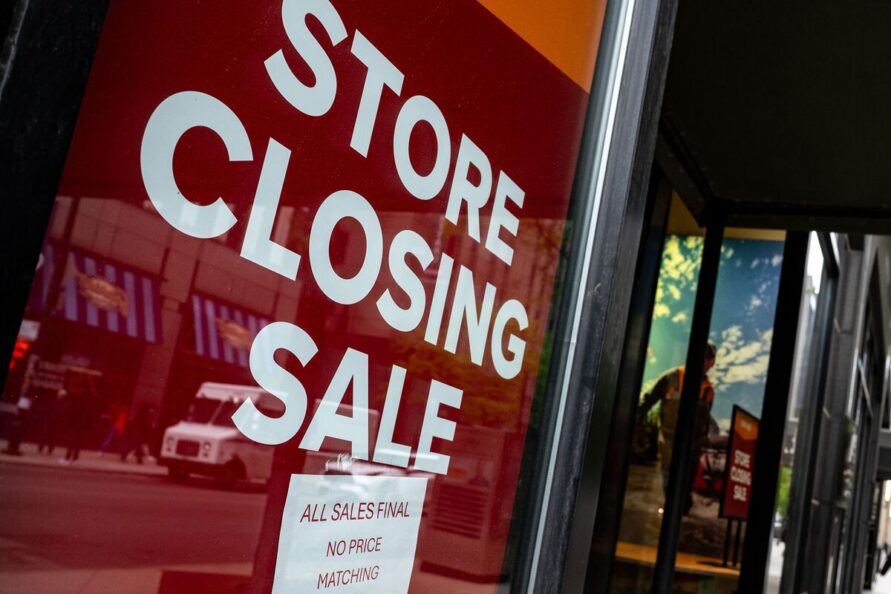U.S. Economy: Shallow Downturns in a Stimulus-Fueled Era
In a landscape increasingly characterized by digital assets and government spending, the U.S. economy may experience downturns that are less severe and less frequent than in the past. This view is shared by Vincent Deluard, director of global macro strategy at StoneX, in his recent appearance on the podcast Merryn Talks Money. His insights highlight a shift in the economic framework that could reshape investors’ expectations and strategies.
Economic Shifts and Market Implications
Deluard elaborates on how a modern economy, which heavily relies on intangible assets, influences economic resilience. Unlike previous economic frameworks that may have been more reliant on tangible goods and services, the current model benefits from constant government stimulus. This ongoing financial support enhances consumer confidence and stabilizes economic fluctuations—key factors that contribute to a more robust economic environment.
A crucial point Deluard makes is that if the likelihood of a profound recession is diminished, it could lead to less dramatic market corrections. Traditionally, significant downturns have sparked fear and volatility in market reactions. However, understanding that a deep recession may not be on the horizon changes both investor psychology and market dynamics.
Redefining Risk in the Current Climate
The implications of this thesis invite a reevaluation of how investors approach risk. As downturns become milder, standard measures for assessing market safety could be rendered less effective. In this new context, investors might gravitate towards strategies historically associated with bull markets, potentially leading to increasing asset valuations. Deluard argues that this could create a self-reinforcing cycle where reduced anxiety about downturns encourages continued investment and risk-taking.
Nevertheless, this perspective is not without controversy. Detractors argue that relying too heavily on government intervention can create systemic risks, leading to asset bubbles where prices are inflated beyond their fundamental values. Critics also point out that while current conditions may be stable, unforeseen global events—quick shifts in fiscal policies or geopolitical tensions—could disrupt the balance. These uncertainties imply that while the current economic outlook appears positive, caution is warranted.
Conclusion: A New Era for the U.S. Economy
Deluard’s insights signal a paradigm shift in how the market and investors may need to operate. Understanding economic resilience in the context of sustained government support and the rise of intangibles forms a new lens through which to evaluate market behaviors.
As the economic landscape continues to evolve, stakeholders must reassess their strategies and risk tolerances. Although the prospect of shallow downturns may provide a sense of security, awareness of the potential for unexpected shocks remains crucial. The conversation around these themes highlights not only the adaptability of the U.S. economy but also the importance of ongoing scrutiny in financial practices.
In summary, the future trajectory of the U.S. economy will depend not only on its intrinsic characteristics but also on the evolving perceptions of risk and resilience in a continually changing global environment.









